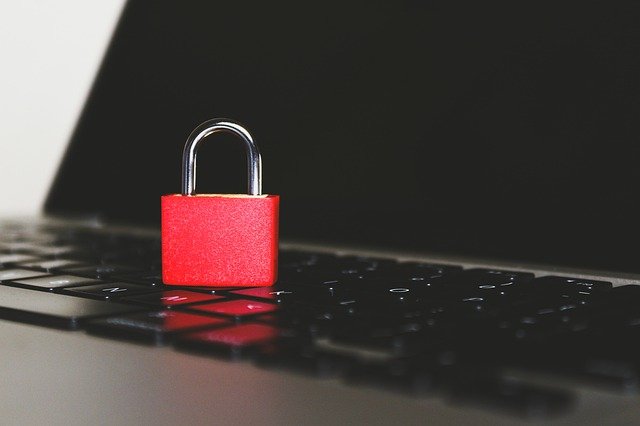Cyber attacks pose a significant security risk to ecommerce companies in today’s digital world. Websites are a significant tool for businesses, and as an ecommerce business, it is the very existence of your business. However, many ecommerce business owners tend to be nonchalant towards the need for a robust website security strategy, making them easy targets for cybercriminals. So, how can you improve your ecommerce website security? Try these measures.
1. Establish a firewall to control access

A firewall is a security feature that has the task of monitoring incoming and outgoing traffic. For an ecommerce website, it is vital to monitor network traffic as it receives a significant load daily. Implementing a firewall made from hardware or software creates a defensive parameter, making it difficult for unauthorized parties such as hackers to carry out attacks.
2. Use security plugins
Security plugins are also an excellent way of securing your online business’s website. Although many security plugins are available, many of them come with flaws criminals can easily take advantage of. Therefore, it is important to do thorough research to select the right ones. For example, to choose the best WordPress security plugin, you would need to read several community support websites, ask for recommendations, and find one that would provide the security you need.
3. Use two-factor authentication
Two-factor authentication means that there would need to be a second form of verification for your website to be accessed, besides your password. This provides a second layer of security to your site. After logging into your website, the second form of verification- either a one-time pin, barcodes, or security pin would be shared either via text message to a registered phone number or email- would be required. The second layer creates a shield around your website.
4. Use HTTPS
Confidential information sent between the website and the browser is encrypted, but this doesn’t make your website secure. For robust security, you’ll need to employ encryption algorithms. HTTPS is a safe protocol. It ensures that communications between the server and the browser are secure. It creates a secure channel in a potentially insecure network. SSL protocols are used to encrypt HTTPS. Regularly checking for safe SSL certificates is a crucial strategy for avoiding phishing scams.
5. Use a website monitoring tool
Even though most ecommerce website hosting firms include monitoring tools as part of their standard package, that’s no reason to overlook more powerful third-party website monitoring solutions. Solutions like LogicMonitor and New Relic offer far more advanced management features that will help your website run more reliably and securely.
6. Choose your hosting platform wisely

Use a web hosting firm that offers the highest level of protection for your ecommerce site. They must not only keep hackers at bay but also provide adequate backup services so that you can promptly restore your online store if you are the victim of a cyber-attack or discover a security breach. Make sure your website server is available 24 hours a day, has a good track record for uptime, and has RAID data protection to create backup copies of your site on many disks. This will also result in faster website performance.

No comments yet.